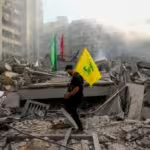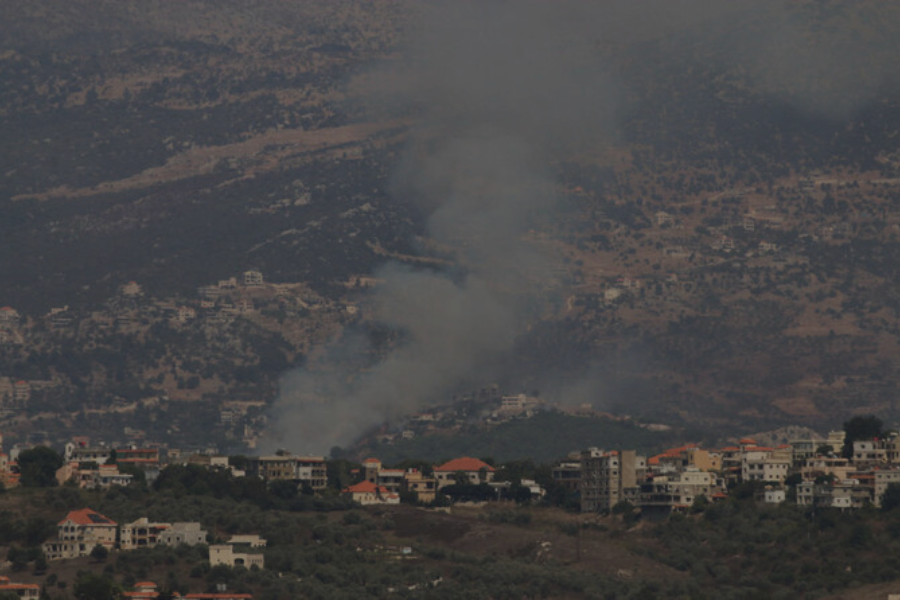Lebanon’s Hezbollah group, which Iran backs, retaliated to the Israeli attacks on eastern Lebanon the previous day by firing rockets at Israeli positions in the occupied Golan Heights on Tuesday.
Its fighters fired “intense rocket barrages” at two positions of the Israeli army in the Golan Heights, which Israel occupied in 1967. So a source familiar with Hezbollah said the attack was in revenge for an Israeli air raid which struck weapon storage in Lebanon’s Bekaa Valley on Monday.
The Israeli military stated that about 55 projectiles were launched from the southern Lebanon territory. “Some of the projectiles were shot down while others fell in open ground and did not cause any loss of life,” said the military, adding that some of the rockets set fire. Hence, in response, Israeli forces targeted one of the launchers utilised in the attack.
The last provocation involving the exchange of fire between Hezbollah and Israel came after an attack on weapon stores concentrated in eastern Lebanon. This act of Israel was taken after a soldier in the northern part of the country was killed by Hezbollah fire, thus raising the tone of violence that has pervaded the border for several months now.
It has been observed that the two parties have lost several lives in the ongoing fighting. Males continue to fight to the death: in Lebanon, 585 people have been killed, including 128 civilians, if not more, and mostly Hezbollah fighters. In the territory of the state, including in the occupied territories in the Golan Heights, 23 soldiers and 26 civilians were killed, according to the army.
Relations worsened still more in the last month when an Israeli airstrike targeted Beirut and killed Hezbollah’s key commander, Fuad Shukr. Soon afterwards, an apparent Israeli operation in Tehran resulted in the death of Hamas’s political chief, Ismail Haniyeh.
The situation remains unstable, and there is a high possibility of escalation since Hezbollah and Iran have threatened to attack Israel over such recent Israeli attacks.
While the two countries authorities have heightened the anticipation of an escalating war, the internal and global public have urged both parties to exercise moderation. Some of the giants in that region and world bodies have called for a diplomatic solution to the crisis to avoid a full-blown conflict. Nevertheless, people still use force, appealing to old and new grievances and the desire for revenge. The continuing violence shows that even temporary peace is only a veneer, and any flare-up could lead to a much larger conflict with other players in the Middle East.















